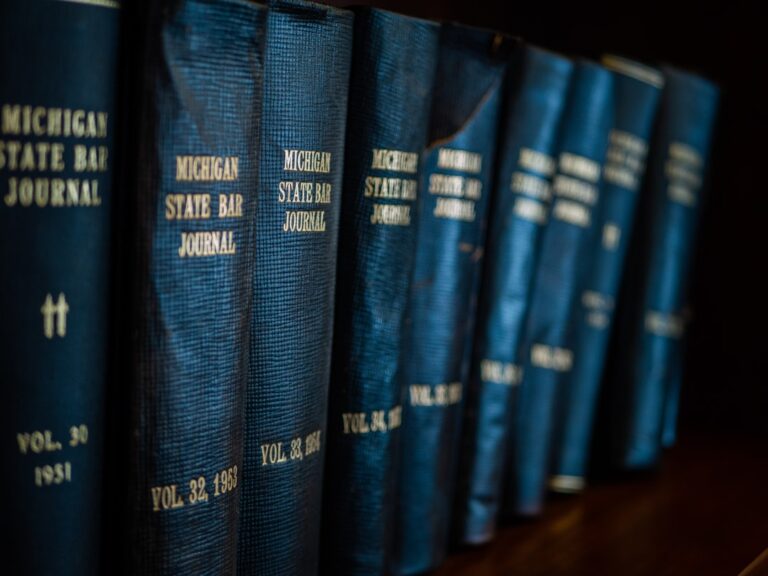DNA evidence, a critical component in sexual assault cases in Austin, TX, requires strict protocols for collection, preservation, and analysis to ensure fairness and accuracy. Rape law firms specialize in navigating these procedures, using DNA to exonerate the innocent or incriminate perpetrators. Challenges include contamination risks, misconceptions, and victims' psychological barriers, but innovative solutions are needed to enhance accessibility and efficiency of DNA testing.
In Austin, Texas, the role of DNA evidence in sexual assault cases is both critical and complex. This article explores how DNA testing navigates the legal landscape in local rape law firms, addressing misconceptions and its profound impact on exonerations and convictions. From understanding the science behind DNA evidence to examining the legal framework governing its use, we delve into real-world scenarios where DNA has reshaped sexual assault prosecutions, offering insights for Austin’s rape law firms.
Understanding DNA Evidence in Sexual Assault Cases

DNA evidence plays a pivotal role in sexual assault cases, offering irrefutable proof that can either exonerate or convict individuals involved. In Austin, TX, where rape law firms often navigate complex legal landscapes, understanding this evidence is crucial for effective defense strategies. Collected from various sources like victims, suspects, and crime scenes, DNA samples are analyzed to match or exclude individuals from potential links to the assault.
Accurate interpretation of these results is essential. False positives or negatives can significantly impact outcomes. Thus, experienced legal professionals in rape law firms Austin TX collaborate closely with forensic experts to ensure the integrity and reliability of DNA evidence presented in court. This meticulous approach helps protect the rights of both the accused and the victim, upholding the fairness and accuracy of the justice system.
The Legal Framework for DNA Testing in Austin

In Austin, Texas, the legal framework surrounding DNA evidence in sexual assault cases is governed by strict protocols designed to ensure fairness and accuracy. Local rape law firms are well-versed in navigating these procedures, which involve the collection, preservation, and analysis of DNA samples from various sources, including victims, suspects, and crime scenes. The process begins with a judge issuing a warrant for DNA testing, followed by the collection of samples using established protocols to minimize contamination.
These regulations ensure that DNA evidence is admissible in court only if it meets stringent criteria. The Austin Police Department and other law enforcement agencies strictly adhere to these guidelines, utilizing state-of-the-art labs to process the samples. This meticulous approach plays a crucial role in sexual assault investigations, offering potential exoneration for innocent individuals while providing concrete evidence against perpetrators, thereby strengthening the rape law firms’ ability to deliver just outcomes in Austin, TX.
Challenges and Misconceptions in Rape Law Firms

Rape law firms in Austin, TX often navigate a complex landscape when it comes to DNA evidence in sexual assault cases. While DNA testing can be a powerful tool for both prosecution and defense, there are several challenges and misconceptions that can complicate the process. One significant challenge is the potential for contamination during collection or storage of DNA samples, which can lead to false positives or negatives. Misconceptions about DNA evidence also persist, with some believing it can lie or be manipulated, causing undue suspicion among victims who may already face societal stigma.
Moreover, rape law firms must address the emotional and psychological barriers that victims often face when considering using DNA evidence. Many survivors of sexual assault may not realize the strength of DNA as a defense mechanism, leading to hesitance in providing samples. Additionally, the cost and time associated with DNA testing can be deterrents for both victims and legal professionals, requiring innovative approaches to ensure accessibility and efficiency in these critical cases.
How DNA Can Exonerate or Incriminate: Real-World Scenarios

DNA evidence plays a pivotal role in sexual assault cases, capable of both exonerating and incriminating individuals. In scenarios where there is physical contact during an assault, DNA can provide powerful insights into what truly transpired. For instance, if a defendant claims consent but no physical evidence is found linking them to the victim, DNA analysis could clear their name, demonstrating that they were not involved in the incident.
On the flip side, DNA can also serve as definitive proof of guilt. In cases where genetic material is present at the crime scene, such as through bodily fluids or skin cells, matching it to the suspect’s profile can be undeniable evidence in court. Rape law firms in Austin, TX often utilize this scientific tool to advocate for their clients’ rights, ensuring that justice prevails based on solid, scientifically-backed evidence.





